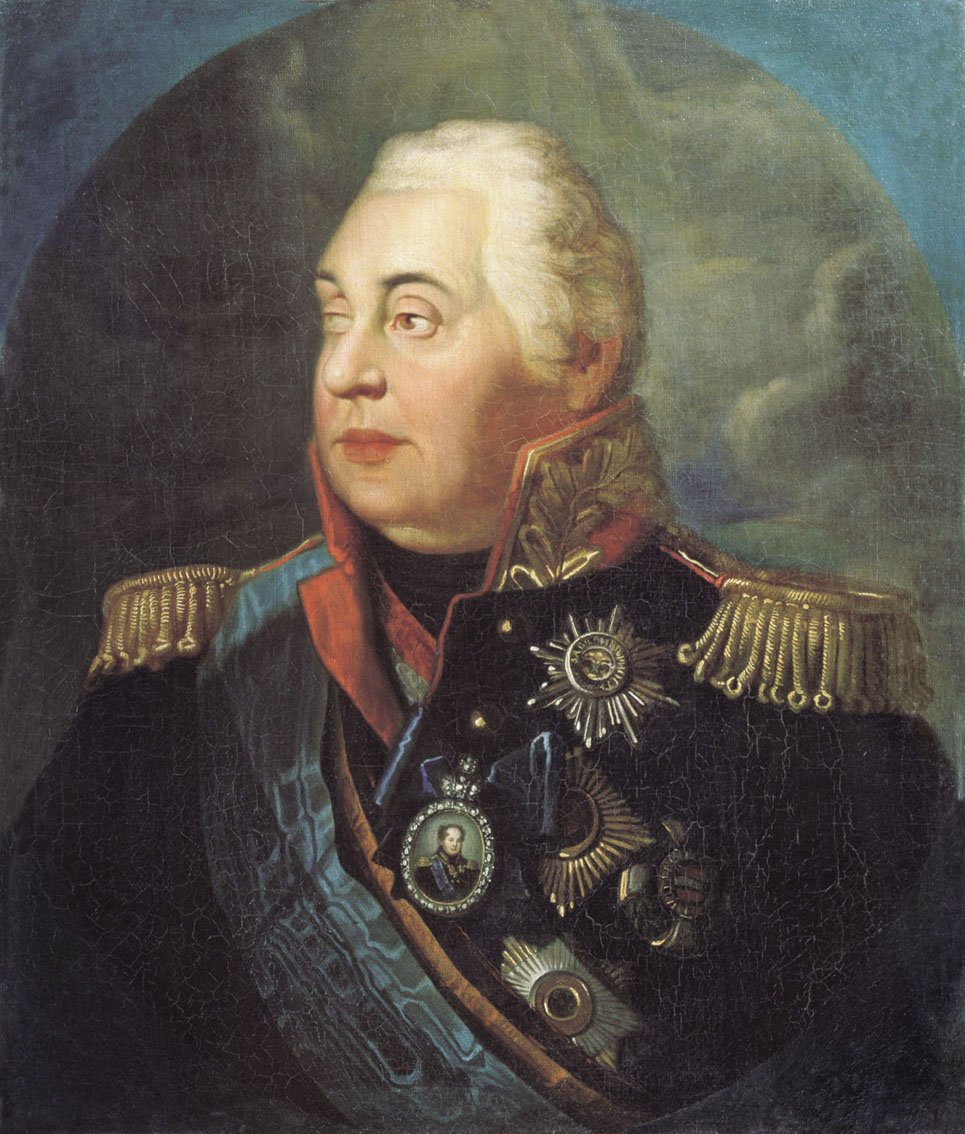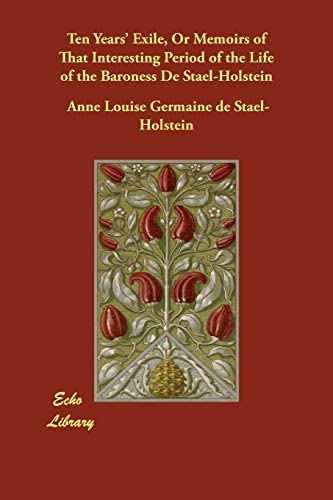
#OTD 23 December, 1812, Tsar Alexander reached Vilna on his 35th birthday. Forgoing celebration, he and Grand Duke Constantine set on rescuing the French prisoners stricken with disease. At the same time, he maintained that his campaign must be continued.
#Voicesfrom1812
#Voicesfrom1812

Alexander arrived in Vilna on Wednesday, just before daybreak. It had taken him four days of carriage ride from his Winter Palace through unabating snowstorm.
"The happy inhabitants," according to Lowenstern, brought horse-driven sledges to carry the entourage to the Palace.
"The happy inhabitants," according to Lowenstern, brought horse-driven sledges to carry the entourage to the Palace.
It was the same castle in Old Vilna he, shortly followed by Napoleon, had stayed in during the summertime.
At its gates Alexander found the old Field-Marshal who, despite his age and gout, had been waiting for him in freezing weather.
(Lowenstern)
At its gates Alexander found the old Field-Marshal who, despite his age and gout, had been waiting for him in freezing weather.
(Lowenstern)
Despite his misgivings about the man-who was, in fact, the very cause of his unexpected visit-, the Tsar greeted Kutuzov with a firm embrace, bursting out into tears in his arms.
But they were not the same tears he had shed at Drissa.
(Roger Parkinson)
But they were not the same tears he had shed at Drissa.
(Roger Parkinson)
Beneath his effusive goodwill was his long-held disdain for the old man who had failed to bring Napoleon to the Palace Square in St. Petersburg. Age and hardship had effaced the outward display of sensitivity observed in the young Tsar-now closer to the Talma of the North.
'The Old Fox of the North,' of course, was keenly aware of his lingering tensions with the Emperor. Nevertheless, he reciprocated by handing to Alexander shreds of blood-stained colors taken from the retreating French.
Both had made a flawless performance.
(Ibid)
Both had made a flawless performance.
(Ibid)

As daylight began to shine down, the Tsar commenced "a great levee," during which he "thanked the officers for their services, and reproved the University for its disloyalty." (Wilson)
The speech made by the victorious emperor sparked a wave of joyful relief in the town.
The speech made by the victorious emperor sparked a wave of joyful relief in the town.
To Kutuzov's dismay, he "also alluded to the future, and encouraged the hope of a continued campaign to the Vistula." (Ibid)
Guided by a sense of evangelical mission to restore order in Europe, Alexander did not consider his struggle against Napoleon at its end.
Guided by a sense of evangelical mission to restore order in Europe, Alexander did not consider his struggle against Napoleon at its end.
As he looked around the town he had abandoned in June, resembling "some Tartar hell" according to the German poet Arndt, he too realized that the campaign of 1813 could not be started immediately.
Countess Tisenhaus described frightening tranquil landscape in Vilna:
Countess Tisenhaus described frightening tranquil landscape in Vilna:
"We could not stir into the streets without encountering the dead bodies of the French soldiers, either frozen to death or murdered by the Jews, who had killed them to get their watches, money, or any other articles which they had about them.
The slightest thaw showed traces of blood on the pavements and even in the portes cochères of some of our houses. Jewish women and even children were seen robbing the dead soldiers, or if they were not quite dead, killing them by kicks with their iron-bound shoes." (Tisenhaus)
The dead, dying, and prisoners of the Grande Armée had brought into the town the "hospital fever," which spread "unheard-of ravages" to the stragglers and residents alike. (Ibid)
Wilson was appalled at the "75,000 bodies" at the hospital of St. Basil, "piled like pigs of lead":
Wilson was appalled at the "75,000 bodies" at the hospital of St. Basil, "piled like pigs of lead":
"...carcasses were strewed about in every part; and all the broken windows and walls were stuffed with feet, legs, arms, hands, trunks, and heads to fit the apertures, and keep out the air from the yet living."
(Wilson)
(Wilson)
Among those who met their last day in Vilna was George Carpenter, 3rd Earl of Tyrconnell, who had served as aide-de-camp to Wilson. Morning his death on the 20th, the Englishman wrote:
"Few persons ever enjoyed so good a reputation without exciting envy."
"Few persons ever enjoyed so good a reputation without exciting envy."
His funeral, solemn but accompanied by "irresistibly affecting" music, was held two days later.
"'It is a strange world!' Adam is reported to have said when he entered into it; and so the last man will say," remarked Wilson, charged with disposal of George's properties.
"'It is a strange world!' Adam is reported to have said when he entered into it; and so the last man will say," remarked Wilson, charged with disposal of George's properties.
Alexander, joined by his brother Constantine, heralded "a benefaction of Providence" for the men stricken with disease.
The Tsar personally superintended the onerous task of distributing every aid available to the Grande Armée prisoners in Vilna.
(Wilson, Narrative)
The Tsar personally superintended the onerous task of distributing every aid available to the Grande Armée prisoners in Vilna.
(Wilson, Narrative)
The Pavlovich brothers, exercising benevolence, "braved infection, disease, horrible spectacles, and every accompanying danger and disgust in the dis- charge of these good offices" and even gave out money to the French officers.
(Ibid)
(Ibid)
The day of his triumph coincided with his birthday, but the 35-year-old Tsar refrained from merrymaking. Alexander also set aside his urge to reproach Kutuzov for his carelessness.
He saw a long way before fulfilling what he envisaged as a God-given duty to liberate Europe.
He saw a long way before fulfilling what he envisaged as a God-given duty to liberate Europe.

So did Napoleon, who curtly ordered Decrès, Minister of Marine and the Colonies, to "disembark without distinction all the men on land who serve as garrisons in your ships, because these men will serve me for my active army."
No tax could replace the manpower lost.
No tax could replace the manpower lost.
The rest of Napoleon's army was seeping into the towns west of Königsberg. Bourgogne, at Ebling, afforded himself the luxury of being clean-shaved by a barber and "a great wooden tub" to take a bath-all of which he had missed since 16 December. (Bourgogne)
He recorded the unforgettable sensation as he merged himself into the warm water:
"I cannot express the comfort I felt in that bath. I stayed in it so long that the servant came to see if anything had happened to me."
The idea of another war was reserved to the sovereigns.
"I cannot express the comfort I felt in that bath. I stayed in it so long that the servant came to see if anything had happened to me."
The idea of another war was reserved to the sovereigns.
-The End-
Happy birthday, Sasha!
Happy birthday, Sasha!
@threadreaderapp Unroll.
• • •
Missing some Tweet in this thread? You can try to
force a refresh













